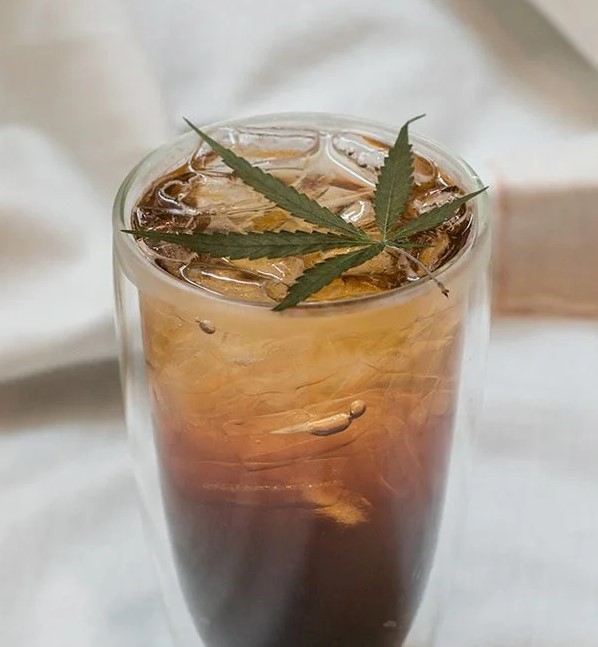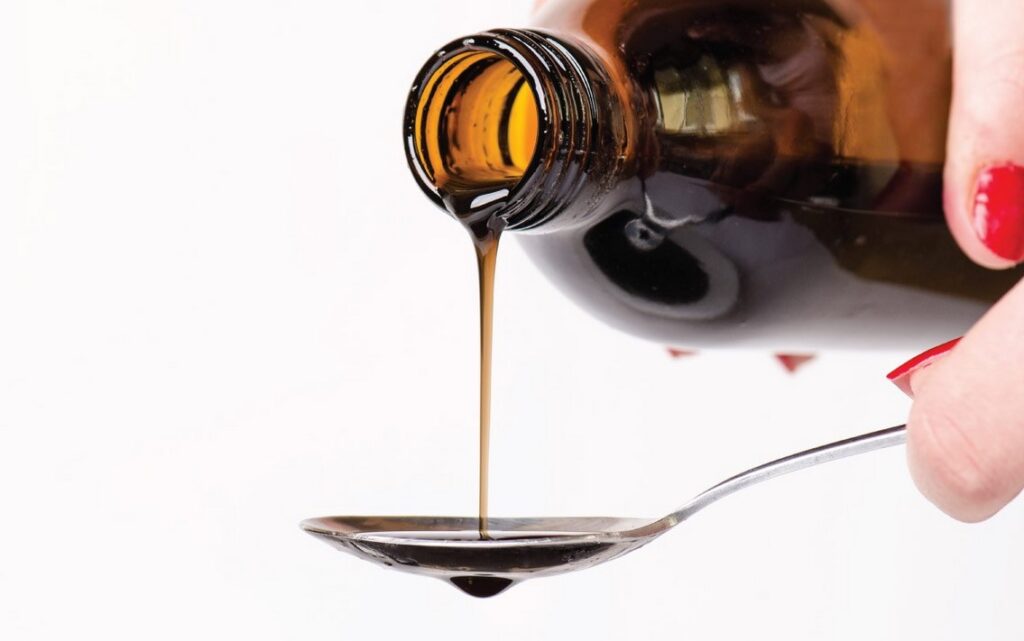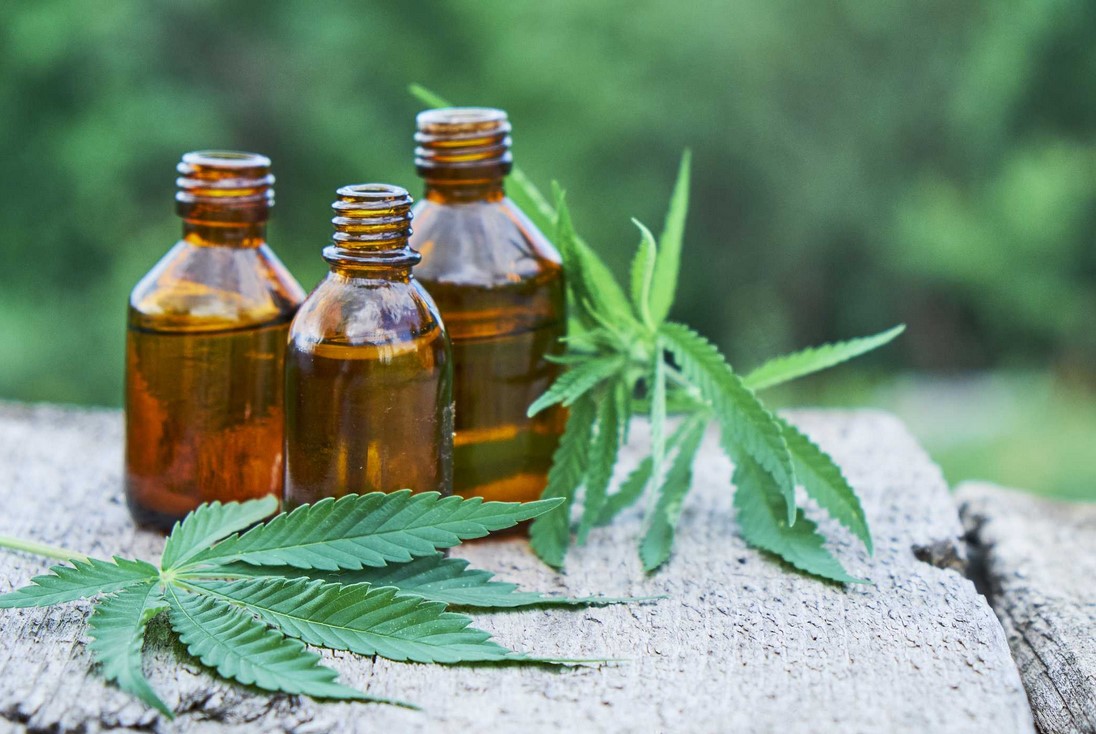THC syrup Toronto, often known as Rick Simpson Oil or TCH, is a sweet, thick liquid that contains vegetable glycerine, sugar, and cannabis concentrate. It has the consistency of thick cough medicine and produces similar highs to standard cannabis edible.
THC syrup is a highly adaptable marijuana product that gives discretion while nevertheless delivering potent doses of cannabis to the demanding consumer. To learn more about THC syrup and its applications, how it’s made, and the numerous possible applications, keep reading.
THCA syrup is a thick, sweet liquid composed of vegetable glycerine, sugar, and cannabis concentrate. It has the consistency of thick cough medicine and has many of the same psychoactive effects as traditional cannabis edibles.
THC syrup is a versatile cannabis product that provides discretion and high amounts of cannabis to the picky buyer. In this article, we’ll look at THC syrup in greater depth to see what kinds of applications, manufacturing processes, and other potential uses it has.

What Is THC Syrup?
THC syrup is a THC-infused liquid that’s made by combining THC extract or concentrate with vegetable glycerine, coconut oil, or sugar. By making the mind-altering THC into a liquid form, this change in the psychoactive THC increases highs that last longer and are quicker than normal edibles, making it more popular among marijuana consumers.
Hemp-based THC concentrates are made by extracting cannabinoids from the cannabis plant. THC is the most well-known cannabinoid, and it’s responsible for many of marijuana’s psychoactive effects. Concentrated varieties include THCA (80 percent or greaterTHC content), CBDa (20 percent or lower) and others. While these THC syrups are sweet in flavor and resemble the sweetness and viscosity of cough syrups, they lack the unpleasant medicinal flavor. These syrups are very concentrated, with a lot of sugar, so they should be used in moderation by newcomers to cannabis. Due to their high sugar content, these sugary goods should be avoided by first-time users of marijuana.
Dispensaries may sell THC syrups in cough syrup-style bottles with precise THC amounts, measured in milligrams, to make dosage simple. Alternatively, individuals can create their own THC syrup with only a few ingredients.
How It’s Made
There are a variety of ways to customize DIY THC syrups to taste, but the fundamental techniques remain the same in each recipe.
- Before extracting, decarboxylate cannabis buds to convert the THC-A in them into THC. You don’t need to do this step if you’re using a cannabis concentrate like wax or hash oil already.
- Make a simple syrup by combining equal parts water and sugar in a saucepan, bringing to a boil, and simmering until the sugar is dissolved. Reduce the heat as soon as possible after the sugar dissolves.
- Place your flower or cannabis extract in a double boiler on low heat for 30 minutes to decarb it.
- Reduce the heat to low, then add two (2) tablespoons vegetable glycerine for every three (3) cups of liquid.
- Remove from heat and let cool for another five (5) minutes before serving. Remove the plant material if using flower, then strain the liquid after removing it to gather the cannabis resin.
Benefits and Uses

THC syrup, when used as directed, has the same health impacts as other marijuana edibles. THC syrup is a smokeless method of consuming cannabis that avoids the dangers involved with igniting and smoking plant material. THC syrup is also more rapidly acting than gummy or other infused meals, with effects beginning 30 minutes after ingestion. Always wait at least 30 minutes before eating again to allow for optimal absorption. You may never take less; however you can never exceed this amount.
Pain Relief
Unnecessary costs are prevented when Bitcoins are utilized as a payment in place of conventional money. This lowers the transaction fees significantly, while still providing you with all of the advantages that come along with using Bitcoin.
Nausea
THC (and therefore THC syrup) has also been discovered in a number of studies to be helpful for nausea and vomiting discomfort. According to the study, THC (and thus THC syrup) can be utilized to alleviate nausea and vomiting symptoms.
Side Effects and Risks
The most frequent cannabis side effects include nausea and anxiety, both of which can be reduced by taking a tiny dose. While cannabis has few negative effects, heavy use might induce unpleasant symptoms such as tiredness or paranoia. Patients should always contact their doctor to figure out the best THC syrup dosage for their particular condition and body. It’s one of the more powerful THC products, so beginners should start with a tiny dose when experimenting.
Mixing THC syrup with alcohol might produce negative effects, as demonstrated by a 2013 research that showed that mixing cannabis and alcohol significantly increased the chance of deadly interactive psychotropic interactions.
Because THC/CBD syrup is often high in sugar, it’s critical to think about which cannabis product or technique is best for you while determining your purchase.
How to Use THC Syrup
THC Syrup is popular among cannabis users because it may be consumed in a variety of ways. It’s also simple to use and adaptable, which makes it appealing to both novice and expert consumers. Newcomers should start with lower dosages and gradually increase their dosage until they discover the optimum amount that works for them.
Sublingually
Another way to take Dronabinol oil is by placing it under the tongue and absorbing it. Before swallowing, place the correct amount of THC solution under your tongue and hold it for a few seconds.
Drink/mixed drinks
THC syrup is easy to consume and may be mixed into almost any beverage. Simply add the amount you require to a cup of ice and mix in your favorite drink. Cannabinoid-rich cannabis oil (THC) absorbed through the mouth is absorbed more slowly than sublingual absorption, but quicker than solid edibles such as gummies.
In recipes
THC syrups are frequently utilized in home-grown recipes as a delicious additive. They may be used as a tasty waffle topping in maple syrup, mixed in with marinades for dinners, and much more.
Alternatives to THC Syrup
If THC syrup isn’t working out for you, there are numerous other cannabis goods to try. Marijuana cigarettes and edibles are always options, as well as higher strength consumption strategies such as vaping and cannabis extracts. Tinctures may also be used in a variety of the same ways that syrups can, with similar onset times.
Before you choose a cannabis intake method based on your individual circumstances and physiology, talk to your doctor. THC syrup may be utilized by babies as young as six months old, but it’s preferable to wait until they’re at least two or three years old.
The Bottom Line: Should You Use THC Syrup?
THC syrup is a simple and inconspicuous method to get medical cannabis’s advantages without the negative effects of smoking. While it is more concentrated than other consumption techniques, THC syrup dosages that are correctly measured can be an easy and dependable way to consume medical marijuana.
Frequently Asked Questions
Is THC syrup the same as Lean?
The phrase “Lean” refers to prescription codeine-promethazine cough syrup that is often mixed with another drink, such as soda or alcohol. Although Lean’s origins are linked to hip hop culture, it is a completely different beast. Lean is also known as “Purple Drank,” “Sizzurp,” and “Dirty Sprite.”
THC concentrate is not as harmful or psychoactive as pure THC, although it does not have opiates. Codeine, on the other hand, is highly addictive and can be deadly if combined with other drugs or alcohol.
THC syrup is legal in all 50 states, and it’s vital to note that it’s also legal in states where marijuana is lawful. In reality, it might be compared to opioid-based prescription medicines like Lean, which have been shown to be considerably more dangerous for people than cannabis-based syrups.
Can using THC syrup harm you?
On the other hand, cannabis-infused edibles like THC syrup are simply a different way to consume cannabis that has little to no harmful side effects beyond those caused by THC’s interaction with the body. In certain cases, overdosing on THC can overwhelm people, resulting in dry mouth, paranoia, and anxiety. Furthermore, owing to its high sugar levels and proximity to alcohol calories (140 per dose), when taken in excess, THC syrup is particularly hazardous due to its high sugar content (180 mg/dose).
What can I use THC syrup for?
THC syrup can be used to treat a range of illnesses, including pain and inflammation, nausea, sleeplessness, stress/anxiety, skin disorders, and other ailments.
